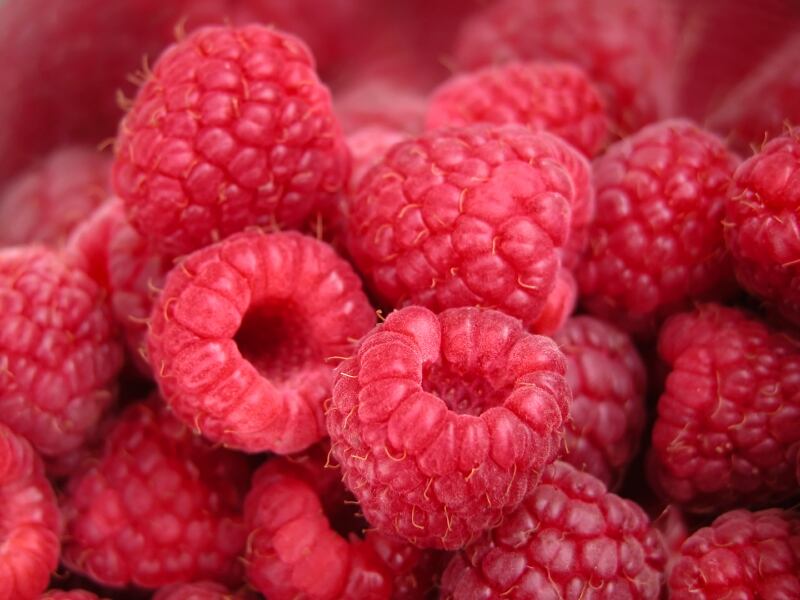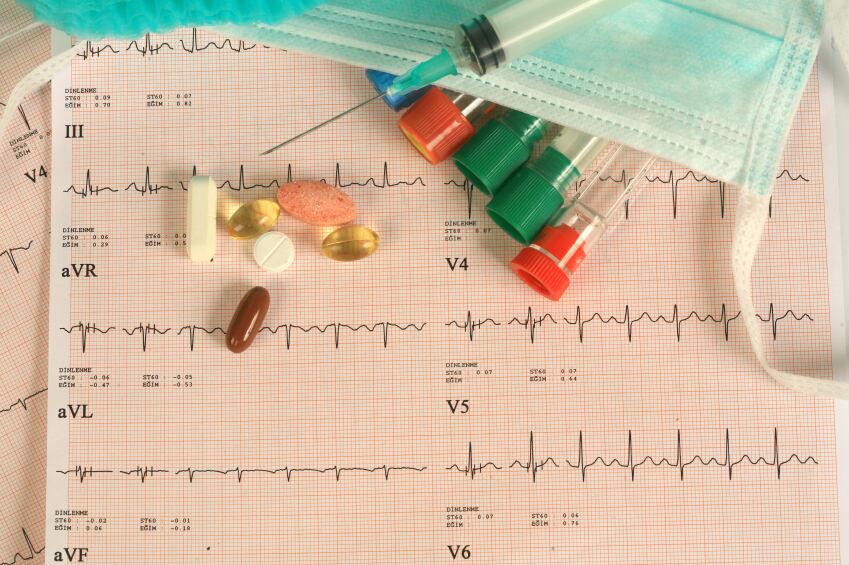Raspberry ketone (4-(4-hydroxyphenyl)-2-butanone) is permitted in Europe as a flavour, but its status as a weight loss ingredient is less clear. In the UK it is considered an illegal novel food ingredient. In Denmark the situation is much the same.
Nonetheless researchers from the Danish National Food Institute said such questionable products were being marketed online to British and Danish consumers – and the high doses recommended on pack meant greater toxicological investigation was needed.
The dosages within these online products ranged from 100 to 1,400 mg per day – between 26 and 368 times higher than the highest estimated exposure from the diet. The natural occurrence in raspberries can be up to 4.3 mg per kg.
“Such high intake levels have never been evaluated as safe for human consumption,” they wrote.
The study, published in the journal Regulatory Toxicology and Pharmacology, found: “When the lowest recommended daily dose of raspberry ketone (100 mg) as a food supplement is consumed, it is 56 times the established threshold of toxicological concern (TTC) of 1,800 μg/day for Class 1 substances.”
Class 1 substances are the lowest toxicity risk group on the Cramer classification scheme used to establish TTC.
They said a risk of potential cardiotoxicity and effects on reproduction and development was identified with computer simulation, in silico, but the risk could not be estimated with the data currently available.

Spot the difference
Despite its novel status, a google search revealed raspberry ketone was still marketed on the internet from UK suppliers.
“This illustrates the challenge for the food authorities to ensure that food supplements containing unauthorised or unsafe constituents are neither sold in physical stores nor on the Internet where anyone, with access to the Internet, can promote these supplements everywhere despite national or international regulations,” the researchers wrote.
After the UK’s Food Standards Agency (FSA) made its decision back in March 2014, a member state consultation gave exception to extracts prepared using water or 20% ethanol (1:4 ethanol to water). This meant this specific extract and the flavour form was legal, while all else was illegal.
Forza Supplements was one firm that made the switch to the legal flavour. It said the FSA and EU decisions had caused confusion since the line between legal and illegal was not easy to see at face value. The FSA itself told us authorities would have to investigate how a raspberry ketone had been produced to determine which side of the fence it fell.
Naturally what?
Since raspberries were seasonal, extraction of raspberry ketone from actual raspberries or other fruits was expensive. An alternative was to chemically synthesise it using genetically modified microorganisms such as bacteria or yeast.
While the toxicology report showed no safety difference between the ‘natural’ and synthetic extracts, the researchers did question how honest it was to market such synthetic ingredients as ‘100% natural’ and ‘pure’.
“It is thought-provoking that if raspberry ketone had been marketed under its chemical name i.e. 4-(4-hydroxyphenyl)-2-butanone instead of the innocuous sounding trivial name, raspberry ketone, while additionally being described as naturally occurring in raspberries, it would hardly have gained much popularity as an ingredient in food supplements.”

Slim evidence
Some papers were excluded from the review because of their design. Commenting on these tests on obese rats and mice, the researchers said: “It is, however, not uncommon to find papers where weight reduction seen in laboratory animals, after oral administration of a test substance, is interpreted as a slimming or anti-obesity effect and the tested compound is therefore considered useful for weight reduction.”
A health claim application for Rubus idaeas (raspberry) extract - BERI-08 – and thermogenesis production, satiety and consequent weight loss was rejected by the European Food Safety Authority (EFSA) back in 2011 due to a lack of evidence.
In terms of toxicology though the researcher said the weight loss could hold some significance, since an animal’s weight was a useful indicator of overall health and changes in relative organ weight.
“The margin of safety (MOS) based on a [no-observed-adverse-effect-level] NOAEL of 280 mg/kg bw/day for lower weight gain in rats is 165 at 100 mg and 12 at 1,400 mg.”
Source: Regulatory Toxicology and Pharmacology
Published online ahead of print, doi:10.1016/j.yrtph.2015.06.022
“Raspberry ketone in food supplements - high intake, few toxicity data – a cause for safety concern?”
Authors: L. Bredsdorff, E. Bay Wedebye, N. Georgiev Nikolov, T. Hallas-Møller , K. Pilegaard
